It is not wisdom but Authority that makes a law
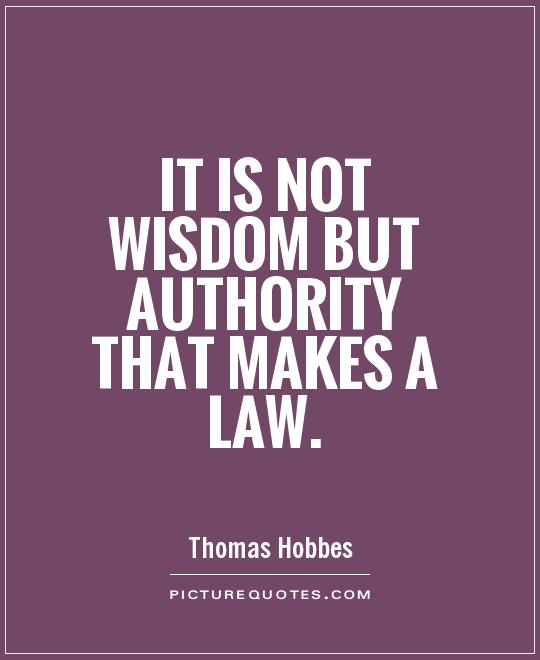
It is not wisdom but Authority that makes a law
Thomas Hobbes, a renowned English philosopher, is often quoted as saying, “It is not wisdom but Authority that makes a law.” This statement reflects Hobbes’ belief in the importance of authority in establishing and enforcing laws within a society. In Hobbes’ seminal work, Leviathan, he argues that a strong central authority is necessary to maintain order and prevent chaos in a society. According to Hobbes, without a sovereign authority to enforce laws, individuals would be free to act according to their own self-interest, leading to a state of nature characterized by violence and conflict.Hobbes’ assertion that authority, rather than wisdom, is what ultimately determines the legitimacy of a law has profound implications for our understanding of the relationship between power and justice. In Hobbes’ view, the authority of the sovereign is derived from the consent of the governed, who agree to relinquish their individual freedoms in exchange for the protection and security provided by the state. This social contract forms the basis of Hobbes’ political philosophy, which emphasizes the need for a strong and centralized government to maintain order and prevent the descent into anarchy.
Hobbes’ emphasis on authority as the foundation of law also raises important questions about the nature of justice and the role of the state in regulating human behavior. While wisdom and moral principles may inform the content of laws, it is ultimately the authority of the sovereign that gives them legitimacy and enforces compliance. This perspective challenges traditional notions of justice as an objective and universal standard, suggesting instead that the legitimacy of laws is contingent upon the authority of the state that promulgates them.
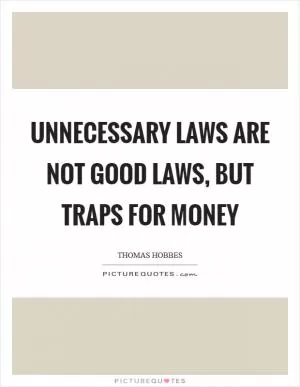

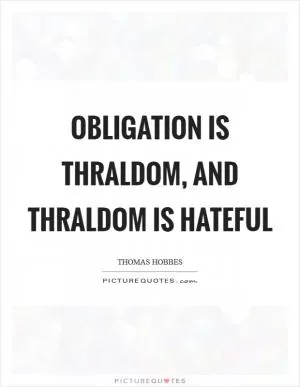

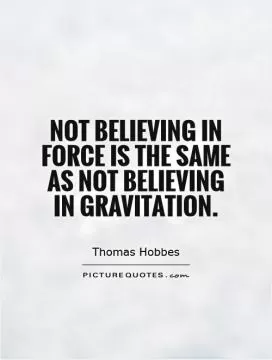
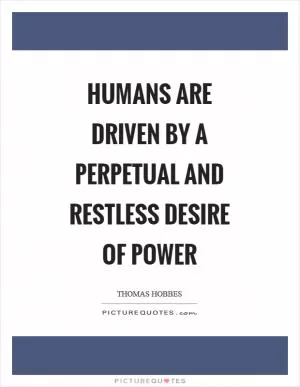


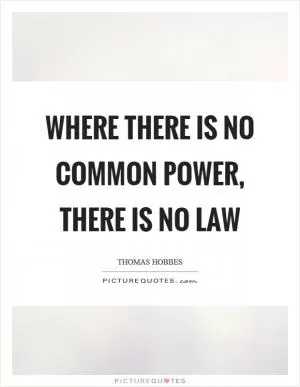



 Friendship Quotes
Friendship Quotes Love Quotes
Love Quotes Life Quotes
Life Quotes Funny Quotes
Funny Quotes Motivational Quotes
Motivational Quotes Inspirational Quotes
Inspirational Quotes